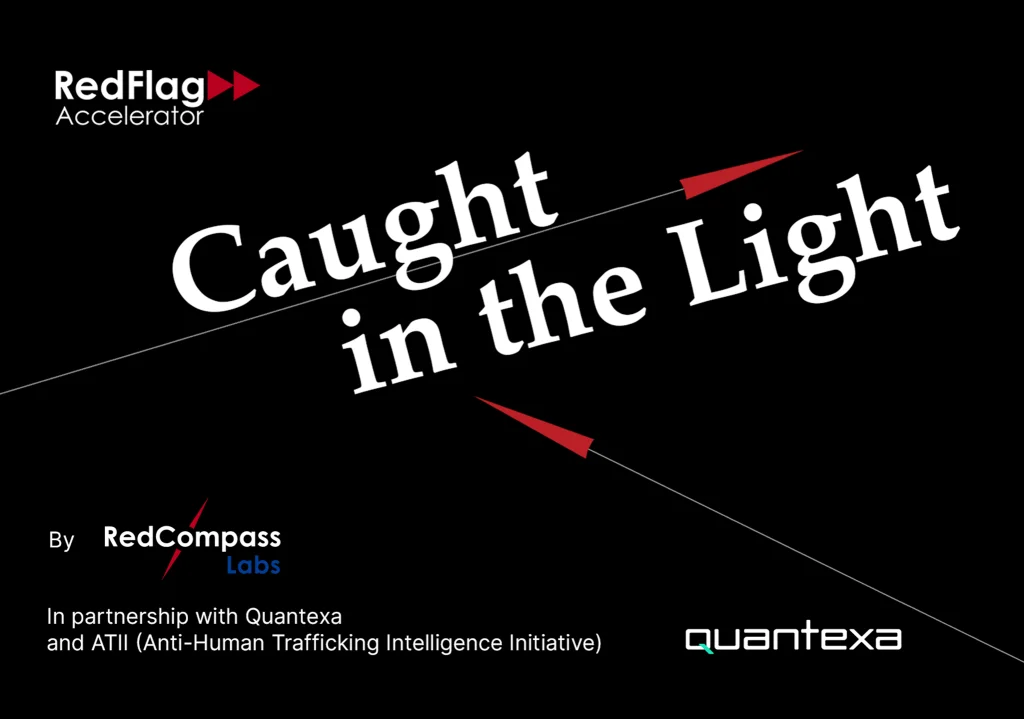Instant Payments Legislation: Political Agreement Reached Between Parliament and Commission
On the 7th of November 2023, the European Parliament and the European Council reached a political agreement regarding the instant payments legislative proposal. This proposal, which would amend the SEPA regulation, is set to:
- Require payment service providers to be capable of sending and receiving instant payments
- Prohibit payment service providers from charging more for instant payments than traditional SEPA credit transfers
- Oblige payment service providers to introduce a Confirmation of Payee service
- Harmonise the approach to sanctions screening for instant payments, thereby seeking to reduce an important source of friction.
Since the original proposal, introduced by the European Commission just a little over a year ago, there are a number of key changes.
This includes a liability shift from consumers to their payment service providers that fail to provide them with Confirmation of Payee, and the extension of Confirmation of Payee obligations from only instant payments to all forms of Euro credit transfers. This extension was originally foreseen for the Payment Services Regulation but has now been included in the instant payments legislation.
The same shift applies to the amendment of the Settlement Finality Directive, which will allow non-bank payment service providers to settle instant payments directly without relying on credit institutions. This levels the playing field between banks and PSP’s, although in our discussions with central banks, they said it was likely this privilege of settling directly would only be extended to the largest payment service providers.
Regarding timelines, our understanding is that for EU-based payment service providers, they would have 9 months to be able to receive instant payments, and 18 months to send them. These timelines are extremely ambitious, as banks will also need to enable file-based instant payments without surcharges for their business clients. The result of this is that even payment service providers that are already capable of processing instant payments will massively need to scale their throughput.
An even bigger challenge will be the development of a pan-European confirmation of payee scheme. Although the European Payments Council has already started work on this, the development of such a scheme takes a significant amount of time – to not even speak of the massive resources banks will need to roll such a service out across their payment channels.
A final point that is extremely challenging for banks to address is the immediate currency conversion when the beneficiary’s account is not denominated in Euro. With FX markets that are not suited for a 24/7 environment, the technical feasibility will be extremely challenging for banks to address outside of business hours.
Although this legislation is great news for European consumers and businesses, the technical implementation is set to be an enormous challenge for banks and will require them to rapidly assess their digital capabilities and to work together with their counterparts and service providers to address these challenges in extremely ambitious timelines.
Learn more about EU payments legislation:
Payment Services Directive 3 (PSD3): how will it impact your financial institution?
All You Need To Know About The EU’s New Payments Legislation
Share this post
Written by

RedCompass Labs
Resources





